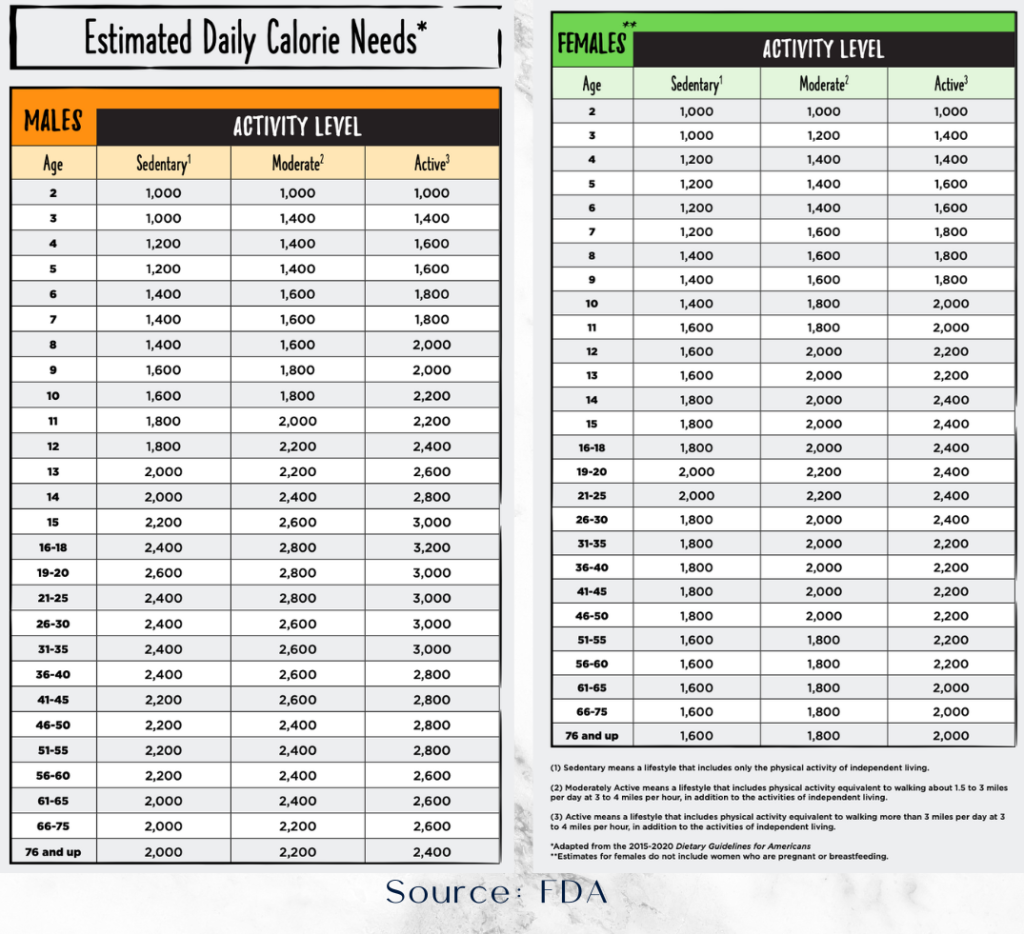Embarking on a weight loss journey is akin to embarking on a voyage of self-discovery and transformation. It’s a path that goes beyond the simplistic view of “calories in, calories out” and transcends the monotony of treadmill runs. This journey is about delving deep into the intricate workings of our bodies, unraveling the science behind weight loss, and leveraging this knowledge to sculpt a healthier, more vibrant self. For those in the Lone Star State, exploring medical weight loss in Dallas offers a guided approach to this transformative journey, blending scientific insight with personalized care, and medications. Discover your Body Mass Index (BMI) and take the first step towards a healthier you by checking your BMI.
Decoding Metabolism: What Exactly is Metabolism?
Imagine your body as a complex machine. Metabolism is the engine at its core, powering everything from your heartbeat to your thoughts. It’s the sum total of all the chemical reactions that keep you alive, converting food into energy and building blocks for repair and growth. When it comes to shedding pounds, your metabolism is your best ally, determining how quickly you burn off those calories.
Tuning Your Metabolic Engine
Several factors act as dials on your metabolic engine, including your age, genetic blueprint, lean muscle mass, and your level of physical activity. By understanding and adjusting these dials, you can fine-tune your weight loss strategy to fit your unique biological makeup.
Nutrition: Fueling Your Weight Loss
Crafting a Caloric Deficit: The Golden Rule
At its heart, weight loss is about creating a caloric deficit, a delicate balance where you consume fewer calories than your body burns. Achieving this deficit requires a blend of dietary mindfulness and physical activity. Essentially, shedding a single pound of body fat requires a deficit of roughly 3,500 calories. This deficit can be achieved through a strategic blend of dietary adjustments and increased physical activity. Aim to establish a daily deficit of 500 calories to set yourself on a trajectory to lose about one pound per week. This can be practically approached by consuming 250 fewer calories daily and engaging in activities that burn an additional 250 calories. Adhering to a weight loss pace of 1–2 pounds weekly is widely regarded as both healthy and sustainable, ensuring you’re losing weight effectively without undermining your overall health or diminishing muscle mass. Utilizing digital tools such as MyFitnessPal can greatly assist in monitoring your calorie intake and expenditure, facilitating the maintenance of a daily 500-calorie deficit. This methodical approach not only simplifies the weight loss process but also aligns with a balanced and health-conscious lifestyle, paving the way for long-term success and well-being.

The Power of Macronutrients
Diving deeper into nutrition, the roles of proteins, fats, and carbohydrates emerge as pivotal. A harmonious balance between these macronutrients can amplify your weight loss efforts. Protein, in particular, stands out for its ability to satiate, boost metabolism, and preserve muscle mass, making it a cornerstone of any effective diet.
Beyond Calories: The Role of Food Quality
The battle against the bulge is not just about counting calories; it’s also about choosing them wisely. Processed foods, with their empty calories and nutritional voids, can derail your progress. In contrast, fiber-rich foods like fruits, vegetables, and whole grains can keep you fuller for longer, aiding in your weight loss quest. The emerging science around probiotics and gut health hints at a fascinating link to weight management, promising new frontiers in our understanding of diet and weight loss.
Hydration and Rest: The Unsung Heroes
Drinking enough water and getting ample sleep are often overlooked aspects of weight loss. Water boosts metabolism and aids in appetite control, while sleep regulates the hormones that influence hunger and satiety. Together, they form the foundation of a healthy, balanced approach to losing weight.
Movement: The Catalyst for Change, Embracing Exercise
Integrating both cardio and strength training into your routine is essential. While cardio burns calories, strength training builds lean muscle, which in turn revs up your metabolism. This dual approach ensures that you’re not just losing weight, but also sculpting a stronger, more resilient body.
The Virtue of Consistency
Weight loss is a journey of persistence and patience. It’s about consistent, daily actions that add up over time, not overnight miracles. Embrace the process, celebrate the small victories, and remember that every step forward is a step towards a healthier you.
Mind Over Matter: The Psychological Dimension
Your mindset is a powerful tool in your weight loss arsenal. Cultivating a positive outlook and managing stress effectively can significantly impact your journey. Techniques for motivation and stress reduction are not just beneficial; they’re essential.
The Bigger Picture: Hormones and Thermogenesis
Understanding the hormonal influences on weight loss, such as insulin and leptin, and the thermic effect of food, provides a deeper insight into the body’s weight management mechanisms. This knowledge can refine and enhance your weight loss strategy, making your efforts more effective.
Sustainable Weight Loss: A Lifestyle, Not a Diet
True, lasting weight loss is about more than just dropping pounds; it’s about adopting a lifestyle that supports your health and well-being. Setting realistic goals and embracing lifestyle changes over fad diets are the keys to sustainable success.
Conclusion: Empowerment Through Knowledge
Armed with a deeper understanding of the science behind weight loss, you’re now better equipped to navigate your journey. By focusing on a balanced diet, regular exercise, and a positive mindset, you can achieve sustainable weight loss and significantly improve your quality of life. This comprehensive guide aims to be not just informative but also a source of inspiration and motivation. Remember, the path to weight loss is as much about understanding your body as it is about changing it. Here’s to your health, happiness, and the journey ahead.
FAQs: Your Questions Answered
What Role Do GLP-1 Agonists Like Semaglutide Play in Weight Management?
GLP-1 agonists, including the widely recognized semaglutide, are at the forefront of innovative weight management strategies. These medications emulate the GLP-1 hormone’s natural ability to regulate appetite and blood sugar levels. By enhancing the feeling of fullness and reducing the desire to eat, semaglutide can significantly contribute to weight reduction. It works by delaying the stomach’s emptying process, which helps individuals feel satiated longer. When combined with lifestyle modifications such as a nutritious diet and consistent exercise, GLP-1 agonists become a powerful ally in the quest for sustainable weight loss. For those interested in exploring the benefits of semaglutide in Dallas, further details are available to guide you on your journey to achieving a healthier weight.
How Vital is Water Intake for Weight Loss?
Water is not just essential for life; it plays a critical role in the weight loss process. Hydrating adequately can boost your metabolism, which in turn helps your body burn fat more efficiently. Drinking water before meals can also make you feel fuller, leading to reduced calorie intake. Moreover, substituting high-calorie beverages with water cuts down on your overall calorie consumption, further aiding weight loss efforts. In essence, maintaining optimal hydration is a simple yet effective strategy to support your weight loss goals.
Can the Quality of Sleep Really Affect My Weight Loss Efforts?
Absolutely. Sleep is a cornerstone of good health and has a profound impact on your weight loss journey. Lack of quality sleep can disrupt the balance of hunger hormones, ghrelin and leptin, leading to increased appetite and cravings for high-calorie foods. Furthermore, inadequate rest can affect your energy levels and motivation to exercise, reducing your calorie expenditure. Ensuring 7–8 hours of quality sleep each night sets a solid foundation for effective weight management.
What’s the Connection Between Muscle Mass and My Metabolism?
Muscle mass is a key player in the metabolism equation. The more muscle you have, the higher your resting metabolic rate (RMR) — the number of calories your body burns at rest. This is because muscle tissue is metabolically more active than fat tissue, requiring more energy to maintain. By incorporating strength training into your fitness routine and building lean muscle, you can increase your RMR, making it easier to create a caloric deficit and lose weight. Essentially, muscle mass acts as a metabolic furnace, burning calories even when you’re not actively working out.
Do Calories from Different Sources Impact Weight Loss Differently?
Yes, the source of calories plays a significant role in weight loss and overall health. Calories from nutrient-dense foods like fruits, vegetables, whole grains, and lean proteins provide the energy your body needs to function optimally and keep you feeling full longer. On the other hand, calories from processed foods, sugary beverages, and unhealthy fats can lead to weight gain and health issues, as they often contribute to overeating and provide little nutritional value. Focusing on the quality of calories, not just the quantity, is crucial for sustainable weight loss and well-being.

